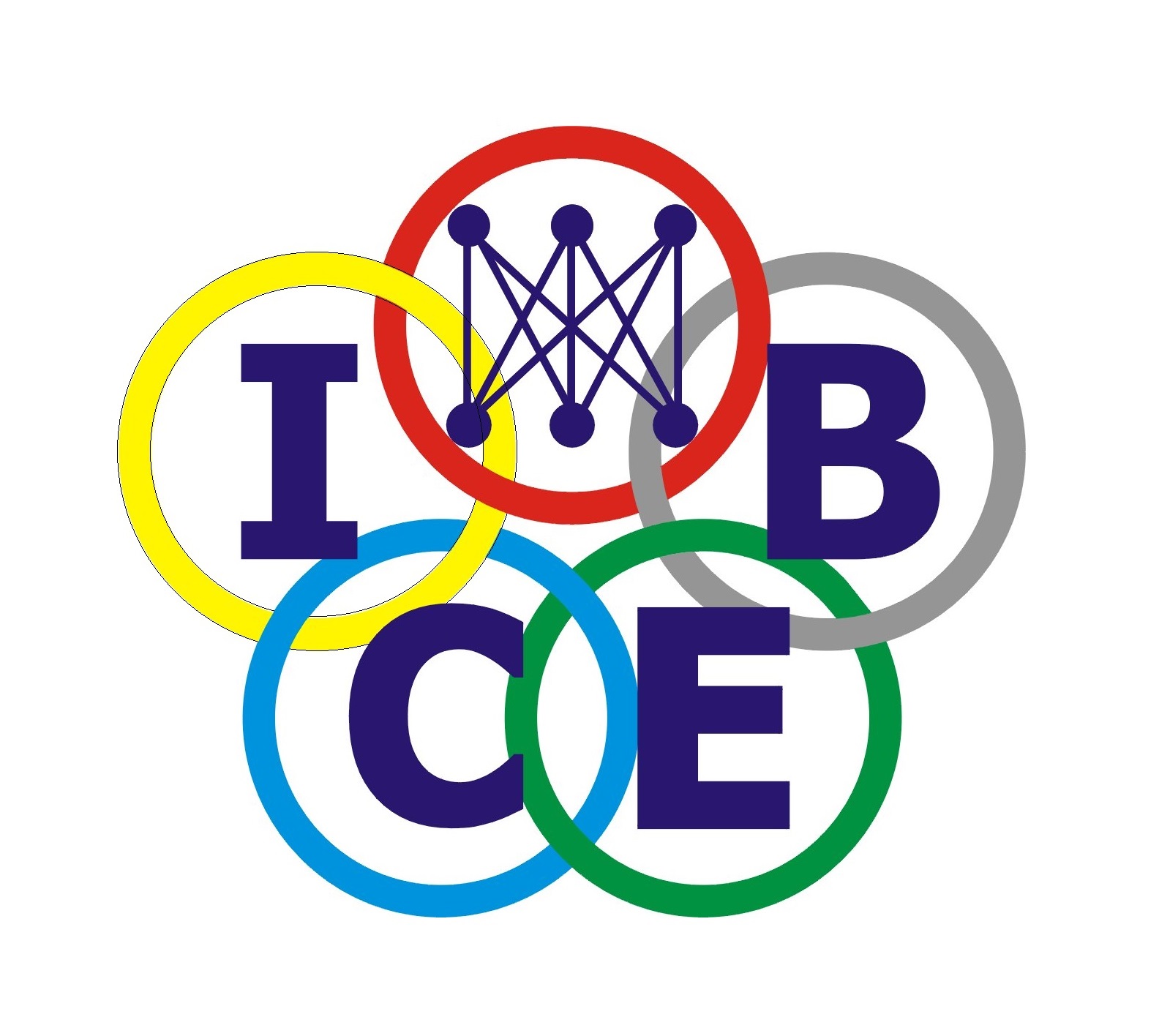Abstract
With the rapid advancement of generative artificial intelligence (GAI) technologies, tools such as ChatGPT have become prevalent in educational settings, enhancing the efficiency and convenience of learning tasks. However, concerns about their potential negative impacts have emerged within the academic community. To solve the debate, this study aims to conduct a comprehensive analysis of how GAI tools influence the learning process and outcomes. Drawing upon the Adaptive Structuration Theory (AST), this study investigates the impacts of two types of GAI usage namely exploitative and explorative use on two kinds of learning performance (e.g., routine and innovative learning performance) through two opposite mechanisms. On the one hand, through positive reinforcement process, GAI use can improve learning performance by increasing students’ routine and creative self-efficacy. On the other hand, through the negative reinforcement process, GAI use may reduce learning performance by increasing technology dependence and deskilling. A survey of 306 GAI users was conducted to test the proposed hypotheses, and the results suggest that (1) both explorative and exploitative use positively influence routine and creative self-efficacy which in turn have positive impacts on routine and innovative performance, (2) both explorative and exploitative use positively influence technology dependence which positively affects routine and innovative performance, and (3) GAI use has no significant direct effect on deskilling but an indirect effect on deskilling through technology dependence and deskilling negatively influences innovative performance.
Recommended Citation
Zeng, Zihan. and Sun, Yongqiang., "Understanding the relationship between usage of generative artificial intelligence tools and learning performance: A dual-path perspective" (2024). ICEB 2024 Proceedings (Zhuhai, China). 21.
https://aisel.aisnet.org/iceb2024/21


